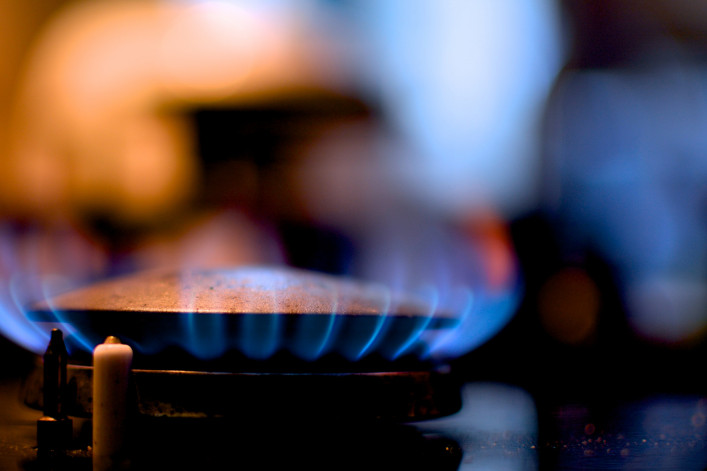Will swapping my gas stove for electric—at the co-op's insistence—hinder a sale?

Q. My co-op building had a gas leak in three of the apartments, including mine, and now the board may force us to replace our gas stoves with electric to avoid paying to change the gas lines. Is this wise? Will my property values be affected if, say, buyers prefer gas over electric or are scared off by the history of the leak?
A. Cooking with gas—there’s a reason it’s an expression. Aside from turning on at the flick of a switch and giving a cook more control over temperature, gas stoves are a wise choice in a power outage. More importantly, buyers want them, and the fact that your apartment could have an electric stove (not to mention a history of a gas leak) will likely impact the sale of your co-op, our experts say.
“Having most of the building serviced by gas, including, possibly, the central furnace, and three of the apartments non-gas could conceivably create a proverbial ‘can of worms’ when it comes time to sell,” says Gordon Roberts, a broker at Sotheby's International Realty.
Indeed, Corcoran Group broker Deanna Kory estimates that an electric stove could decrease the value of your home by as much as 5 percent. “Whenever [buyers] see an electric stove,” she says, “they ask if it can be changed to gas."
Which brings us to your second problem: the leak. If a buyer inquires whether the building has gas, you’d have to disclose that your gas line was cut, which could lead to more questions about the possibility of restoring the line, how much it would cost, and whether such a job is subject to board approval, Roberts says. “If a buyer’s confidence is shaken, they might become more attuned to zeroing in on other maintenance issues in the building, and possibly seek an engineer’s report,” he adds.
To head off concerns from would-be buyers, your best weapon is information on what exactly happened at the building. “You need to be fully aware of what steps the board has taken to protect the residents from any additional gas leaks, and they need to be forthcoming about it,” Kory says. “Typically whenever a gas leak occurs, Con Ed is all over a building with testing, etc.”
It may be possible, given these concerns, to convince the board that the best option really is investing in the gas lines, as electric may not be that feasible. “I would bring up the question, is there enough electric in the apartment to handle going to electric stoves?” says Prime Renovations owner Jeff Streich. “Some require more amps than the apartments can handle.”
“Weighing the pros and cons in relation to the perceived value of building as a whole,” Roberts says, “I’d vote for fixing the gas line for uniformity’s sake—and get several reputable estimates for repair and restoration of service."
Failing that, you could look into replacing the gas lines yourself, which may be worth it if the cost isn’t too high, Kory says. “It depends on if that can be done for your line individually and also if the board will allow you to do it,” she adds.
Lastly, if you do wind up switching out the appliances, this is an excellent time to proactively keep critters out of one of their favorite back doors to your apartment by applying insecticidal diatomaceous earth or silica gel—both of which will provide long-term, lox-toxicity pest control—to the bare wall, says Gil Bloom, president of Standard Pest Management. “Then be sure to properly seal any access points with escutcheon plates and sealant,” he adds.
Related:
NYC Renovation Qs: Can I move a gas line?
Ask an Expert: Can my co-op kick me out for leaving the gas on?
10 renovation plans your board probably won't go for
Trouble at home? Get your NYC apartment-dweller questions answered by an expert! Send us your questions.
See all Ask an Expert.

























